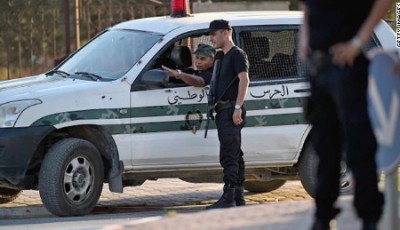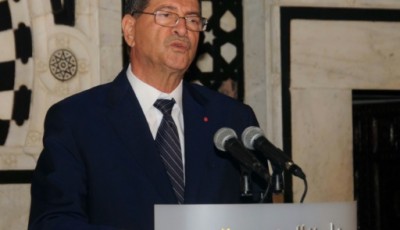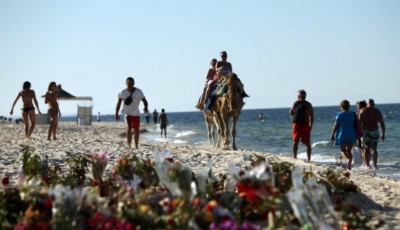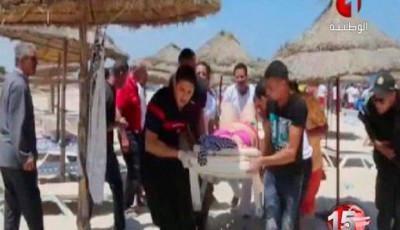Tunisian leader calls state of emergency, state media says
Tunisian President Beji Caid Essibsi declared on Saturday a state of emergency one week after 38 foreign tourists were killed at a beach resort in the country’s worst-ever terror attack.
An earlier state of emergency, granting special powers to the police and army, was lifted in March 2014, having been in force since longtime president Zine El Abidine Ben Ali was ousted in a 2011 revolution.
Sebsi said an “exceptional situation required exceptional measures” but pledged to respect freedom of expression.
With the government moving to expand its powers, Middle East Eye columnist Jonathan Steele wrote that Tunisians must oppose authorities eroding civil liberties, if the country is to maintain its position as the Arab Spring’s most successful uprising. The government also said it had uncovered the network behind the Sousse attack.
The beach massacre struck a huge blow to Tunisia’s tourism industry, prompting thousands of holidaymakers to leave and causing an estimated $500 million in losses for a sector that makes up seven percent of the economy. He said Tunisia specifically had been a target of the extremist group because it had a functioning, secular democracy.
An aide to Tunisia’s prime minister said on Saturday that several officials including the Sousse governor and from the assailant’s home town and from where he studied, as well as police officers, had been sacked.
It is the second high profile attack in Tunisia this year, after two gunmen killed 22 people at the Bardo museum complex in the capital Tunisa on 18 March. Daesh also claimed the Bardo attack, but authorities linked that attack to the local Okba Ibn Nafaa brigade.
Tunisia had already stepped up security after the museum attack and announced in the wake of the beach killings that it would deploy armed guards on beaches and close 80 mosques suspected of fanning extremism.
The gunman who carried out the attack has been identified as 23-year-old Seifeddine Rezgui.
Tunisian officials say all three gunmen in the two attacks were trained at the same time in militant camps over the border in Libya, where factional turmoil has allowed militant groups to gain ground.












